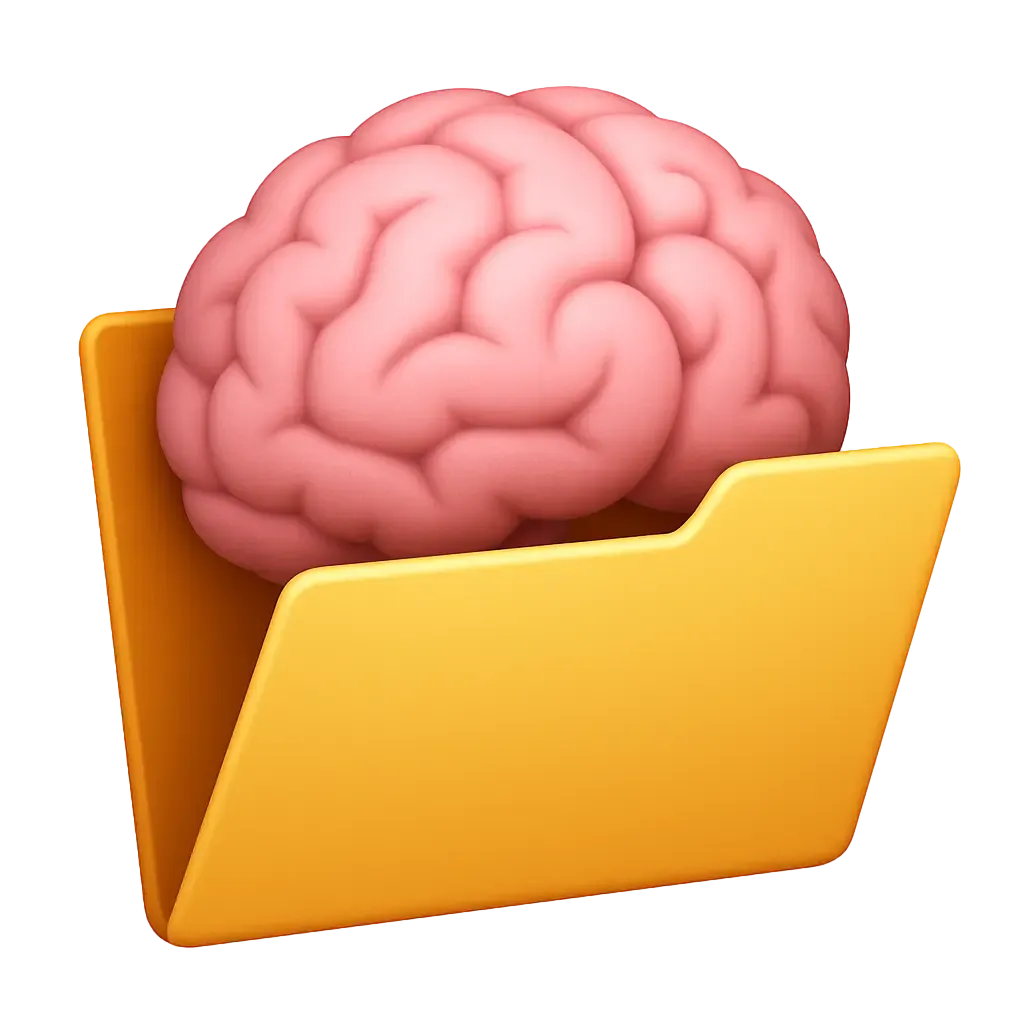🧠📂 Zeigarnik Effect
Why unfinished tasks stay in your head and how Jolt turns that tension into follow-through
Introduction
The Zeigarnik Effect is a psychological phenomenon where your brain gives more attention to unfinished tasks than completed ones.
In simple terms:
Your brain remembers what’s incomplete and holds onto it like an open browser tab in your mind.
This tension creates a natural pull to return and complete the task; a powerful force when used right.
Why it matters to you
In the digital world, most things are half-done:
- You start a project, then check your phone
- You commit to a goal, then forget it by day 3
- You say you’ll take a break from social media but never define when or how
The result? A low-level anxiety that something’s been left hanging. Multiply that by dozens of micro-tasks, and you’ve got cognitive overload.
But when a goal is clearly started, tracked, and unfinished, your brain will naturally nudge you to finish it.
Jolt harnesses that momentum.
How Jolt uses this science to help you
Jolt activates the Zeigarnik Effect through challenge structures and streak-based motivation:
-
1. Group & Partner Challenges
When you commit to a 21-day reading challenge, or a shared fitness goal, the moment you begin, a subtle psychological thread is created.
→ Your brain wants to close the loop and so do your partners.
-
2. Daily Completion Tracking
Whether it's hitting app limits, finishing sessions, or uploading challenge proof; every action is part of an ongoing chain.
→ Jolt keeps that “open tab” alive just long enough to keep you returning.
Your brain hates loose ends.
Jolt turns that into lasting habits.
